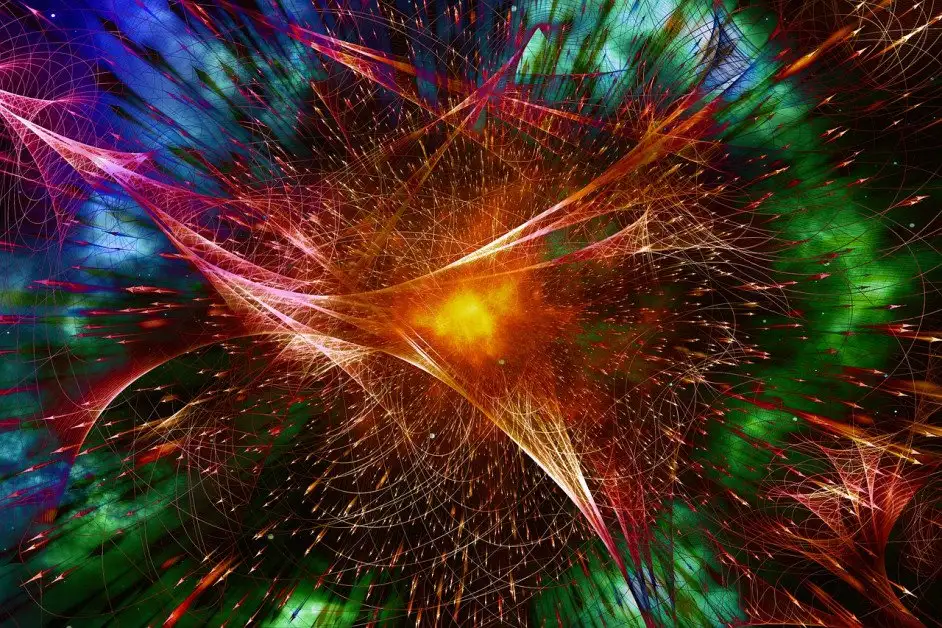How Asia Pacific is Leading the Way in Quantum Cryptography Advancements
SOURCE: HTTPS://CITYLIFE.CAPETOWN/
NOV 06, 2023
New Quantum Computer Unlocks More Computational Power
SOURCE: UNITE.AI
JUL 29, 2022

Computers are well-known for operating with binary information, or zeros and ones, which has led to computers powering so much of today’s world. Current quantum computers are also designed to process binary information.
Martin Ringbauer is an experimental physicist from Innsbruck, Austria.
“The building blocks of quantum computers, however, are more than just zeros and ones,” Ringbauer says. “Restricting them to binary systems prevents these devices from living up to their true potential.”
A research team led by Thomas Monz at the Department of Experimental Physics at the University of Innsbruck has succeeded in developing a new type of quantum computer that can perform arbitrary calculations with quantum digits, or qudits. This new approach results in more computational power with fewer quantum particles.
The research was published in the journal Nature Physics.
Despite the method of storing information in zeros and ones not being highly efficient, it is far simpler than other methods. It is also reliable and robust to errors, which has made it the standard for classical computers for a long time.
However, things begin to change when talking about quantum computing. The Innsbruck quantum computer stores information in individual trapped Calcium atoms, with each of the atoms naturally having eight different states. Only two of these states are used to store information. Nearly all existing quantum computers have access to a bigger number of quantum states than they actually use for computation.
The team of physicists created a quantum computer that can use the full potential of the atoms by using qudits for computation. Unlike the classical method, the new method that utilizes more states does not negatively impact the reliability of the computer.
“Quantum systems naturally have more than just two states and we showed that we can control them all equally well,” Thomas Monz says.
Tasks that require quantum computers, such as problems in physics, material science, or chemistry, are naturally expressed in the qudit language. If they are rewritten for qubits, they can often become too complicated for today’s existing quantum computers.
“Working with more than zeros and ones is very natural, not only for the quantum computer but also for its applications, allowing us to unlock the true potential of quantum systems,” Martin Ringbauer says.
Alex McFarland is a Brazil-based writer who covers the latest developments in artificial intelligence & blockchain. He has worked with top AI companies and publications across the globe.
LATEST NEWS
WHAT'S TRENDING


Data Science
5 Imaginative Data Science Projects That Can Make Your Portfolio Stand Out
OCT 05, 2022

SOURCE: HTTPS://CITYLIFE.CAPETOWN/
NOV 06, 2023
SOURCE: HTTPS://WWW.SCIENCEDAILY.COM/
OCT 27, 2023
SOURCE: HTTPS://WWW.SCIENCEDAILY.COM/
OCT 26, 2023
SOURCE: HTTPS://THEQUANTUMINSIDER.COM/
SEP 28, 2023
SOURCE: HTTPS://TECHMONITOR.AI/
OCT 03, 2023
SOURCE: HTTPS://SCITECHDAILY.COM/
AUG 29, 2023
SOURCE: HTTPS://WWW.DIGITALJOURNAL.COM/
AUG 26, 2023
SOURCE: HTTPS://WWW.TECHTIMES.COM/
AUG 16, 2023